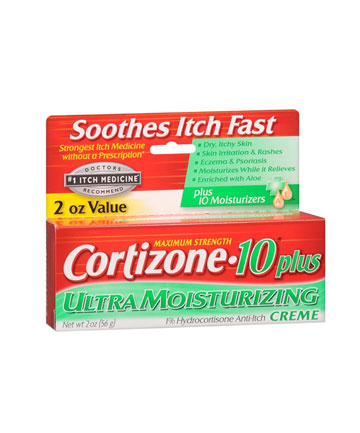You know the importance of exfoliating your face to get rid of the dead cells that leave skin looking dull. But it's also important to exfoliate the skin on your body, especially areas you shave. "This clears away dead skin and leaves you ready to eliminate unwanted hairs," Jaliman explains. She recommends exfoliating with a slightly abrasive cloth or a machine like the Clarisonic that vibrates the skin to get rid of the dead cells on the surface.
Laser hair removal permanently destroys trapped hair follicles so you'll never have to deal with ingrown hairs again. "Laser hair removal targets the pigment at the base of the hair follicle," explains Talakoub. "Lasering a stuck hair will disrupt the follicle, singe (i.e. lightly burn) the hair and eventually your body will either dissolve the hair or release it to the top layer of the skin." For best results, visit a professional—be it a dermatologist or someone licensed to perform laser hair removal like an esthetician. "Shave two days prior to lasering so hair stubble is slightly visible," she adds.
Image via Getty
Image via Getty
If you have an ingrown hair, Zeichner recommends applying OTC 1% hydrocortisone to the tender spot to reduce inflammation. "If the spot is not calming down or becomes very large, red, tender or there is pus coming from it and it is not resolving within a day or two of OTC, visit your dermatologist for professional help," he says. You may require a cortisone shot or prescription medication to treat an infection or severe inflammation.
Whatever you do—don't pick or try to remove your ingrown hair. This will quickly lead to scarring. "Picking causes inflammation of the dermal layer of the skin, which can stimulate melanocytes and results in hyperpigmentation, which can last months to years," says Talakoub.
Whatever you do—don't pick or try to remove your ingrown hair. This will quickly lead to scarring. "Picking causes inflammation of the dermal layer of the skin, which can stimulate melanocytes and results in hyperpigmentation, which can last months to years," says Talakoub.







